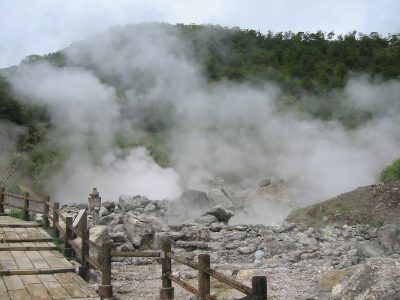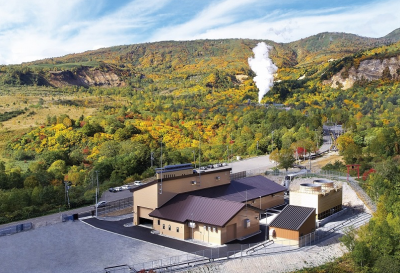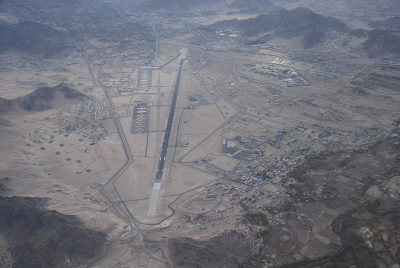Indonesia offering tax incentives for renewable energy projects
Indonesia is offering tax incentives to develop renewable energy projects, including geothermal energy, to cut dependency on fossil fuels.
In news on Indonesia it is said that the country “is offering tax incentives to develop renewable energy projects, including geothermal energy, to cut dependency on fossil fuels, a decree published on the finance ministry’s web site (www.depkeu.go.id/ind/) showed.
Indonesia has said previously that its wants to use more renewables and is targeting by 2025 an energy use mix of 30 percent from gas, 20 percent from oil-based fuels, 30 percent from coal, and the rest from renewables such as geothermal and solar power.
According to the decree, signed Jan. 29 by Finance Minister Sri Mulyani Indrawati, the government will reduce net tax by 5 percent per year on total investment for 6 years.
The government will also allow faster asset amortization and impose a lower tax rate on dividend payments for non-resident investors, the decree said.
The government will also provide exemption from value-added tax and import duty for equipment and machinery used in renewable energy projects.
An exemption on value-added tax on equipment used for exploration of oil and other energy resources, including geothermal, has also been extended until December.
Indonesia, with hundreds of active and extinct volcanoes, has the potential to produce an estimated 27,000 MW of electricity from geothermal sources.
However, that potential remains largely untapped because the high cost of geothermal energy makes the price of electricity generated this way expensive.
Chevron (CVX.N), lLocal energy firm Medco Energi Internasional (MEDC.JK) and state oil firm Pertamina currently have geothermal investments in Indonesia.
Indonesia has also been offering new exploration rights and financial incentives for oil and gas investors in a bid to stem a steady decline in production that has increased the need for imports.
However, oil industry players have said that the incentives are not sufficient.
Indonesia has turned into a net importer of crude oil in recent years as production has slumped after a failure to tap new fields fast enough. Its crude oil production has dropped from about 1.5 million barrels per day (bpd) in the 1990s to about 815,000 bpd currently.”
Source: Reuters











